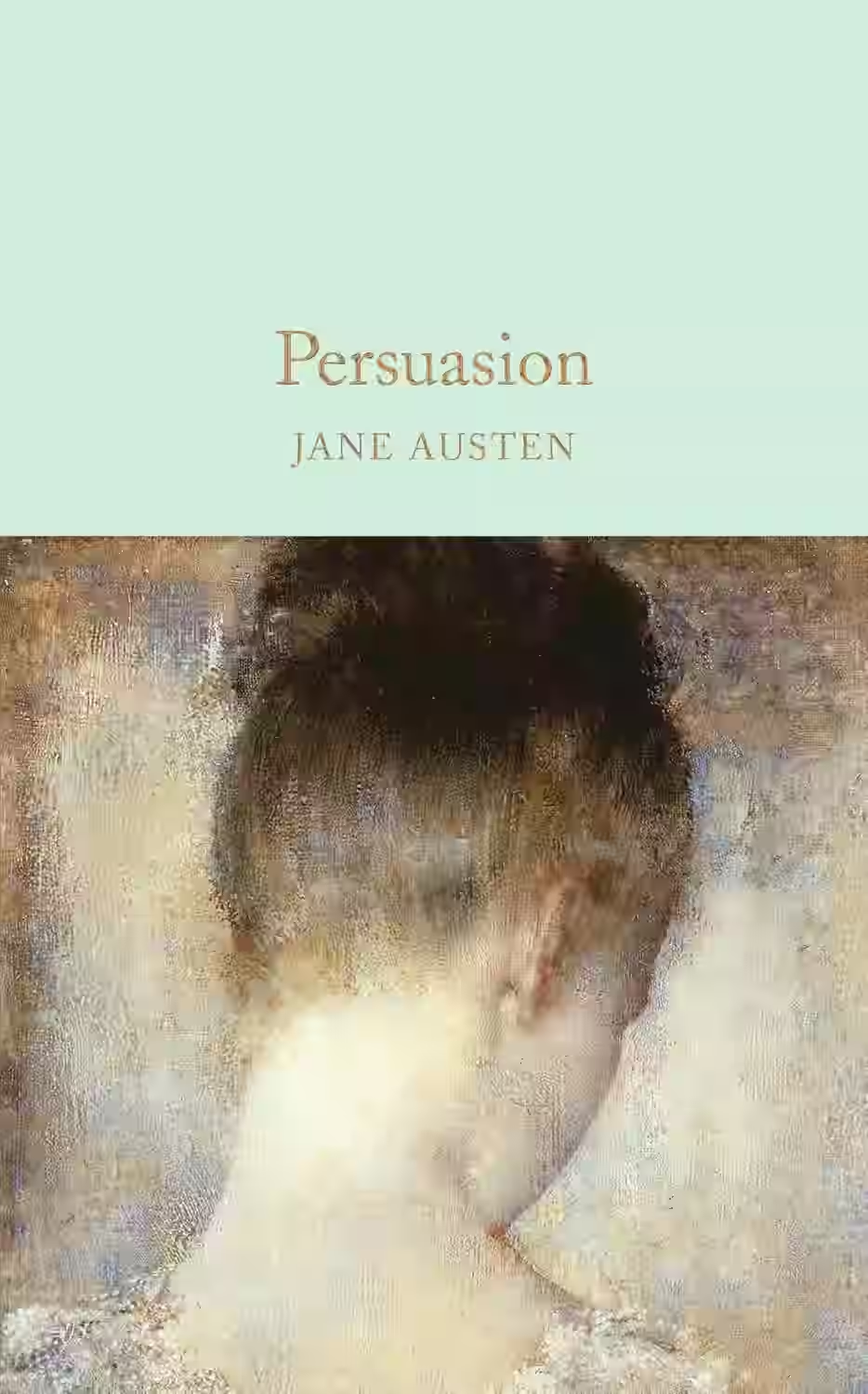
Jane Austen’s Persuasion is a quiet, mature romance about second chances. Anne Elliot, who once rejected the love of Captain Wentworth due to family pressure, encounters him again years later. Set against the backdrop of shifting social structures in early 19th-century England, the novel reflects on regret, resilience, and constancy. It is Austen’s final completed work and perhaps her most introspective, featuring a heroine whose emotional depth and intelligence reveal a nuanced view of love and personal growth.
About Jane Austen
A keen observer of English society during the Regency era, Jane Austen's novels offer witty and insightful portrayals of manners, marriage, and social standing. Through beloved works like Pride and Prejudice and Sense and Sensibility, she masterfully crafted intricate plots and memorable characters, often focusing on the lives of women navigating societal expectations and the pursuit of love. Her enduring popularity lies in her timeless exploration of human relationships and her sharp social commentary.
Other Books by Jane Austen
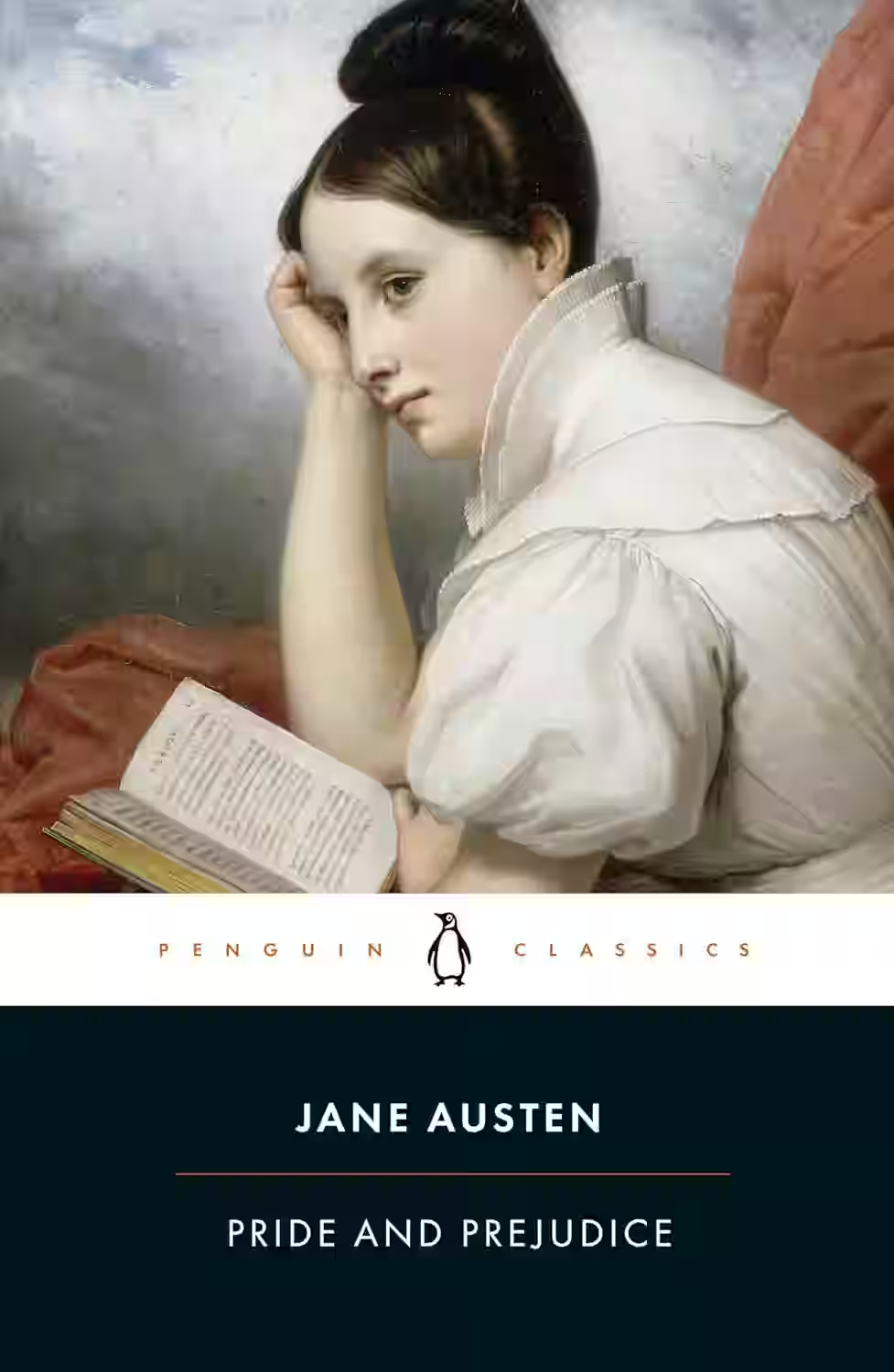
Pride and Prejudice
by Jane Austen
This beloved classic follows the spirited Elizabeth Bennet as she navigates love, marriage, and social status in Georgian-era England. When the wealthy and proud Mr. Darcy enters her life, their mutual prejudices create a complex dance of misunderstanding and growth. Through razor-sharp wit and social commentary, Austen crafts a timeless romance while critiquing class, marriage, and gender roles in 19th-century society.

Emma
by Jane Austen
In Emma, Jane Austen crafts a witty and insightful portrait of a young woman who delights in matchmaking but misjudges her own feelings and those of others. Set in a quiet English village, the novel follows Emma Woodhouse as she navigates the social intricacies of love, class, and friendship. Though intelligent and charming, Emma’s meddling leads to misunderstandings that reveal her need for self-awareness. This classic novel explores personal growth and the pitfalls of pride with enduring humor and elegance.
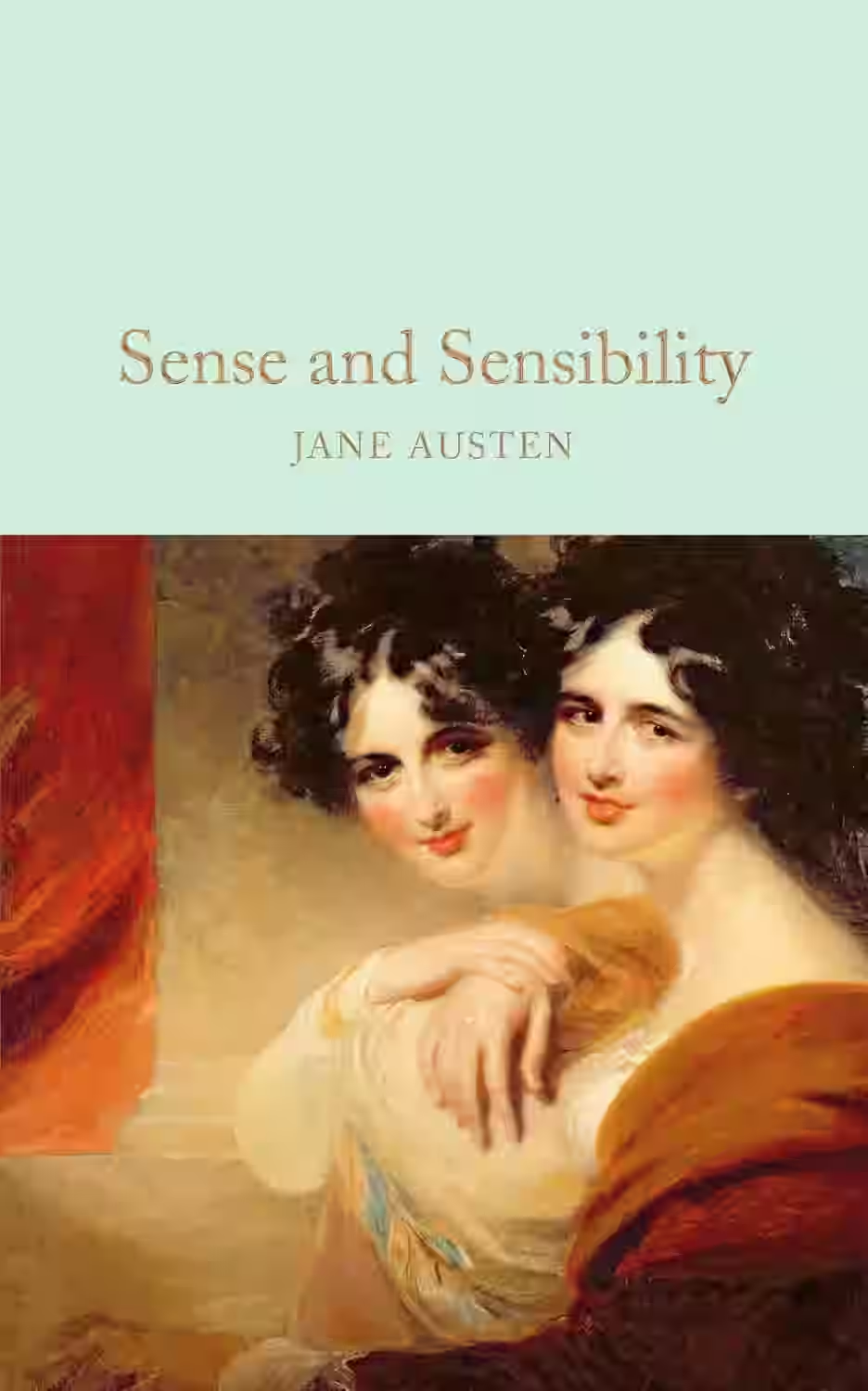
Sense and Sensibility
by Jane Austen
Jane Austen's 'Sense and Sensibility' explores the contrasting lives and philosophies of the Dashwood sisters, Elinor and Marianne. Set in 19th-century England, the novel delves into the themes of love, heartbreak, and sociopolitical constraints on women of that era. Elinor embodies 'sense,' with her pragmatic and composed nature, while Marianne represents 'sensibility,' guided by emotion and spontaneity. The sisters navigate the choppy waters of romance, betrayal, and societal expectations, each finding their own path to happiness. Austen's sharp wit and keen observations of human nature not only craft a compelling narrative but also critique the limitations imposed on women in her time. 'Sense and Sensibility' remains a timeless reflection on the balance between reason and emotion, and the enduring quest for personal fulfillment.
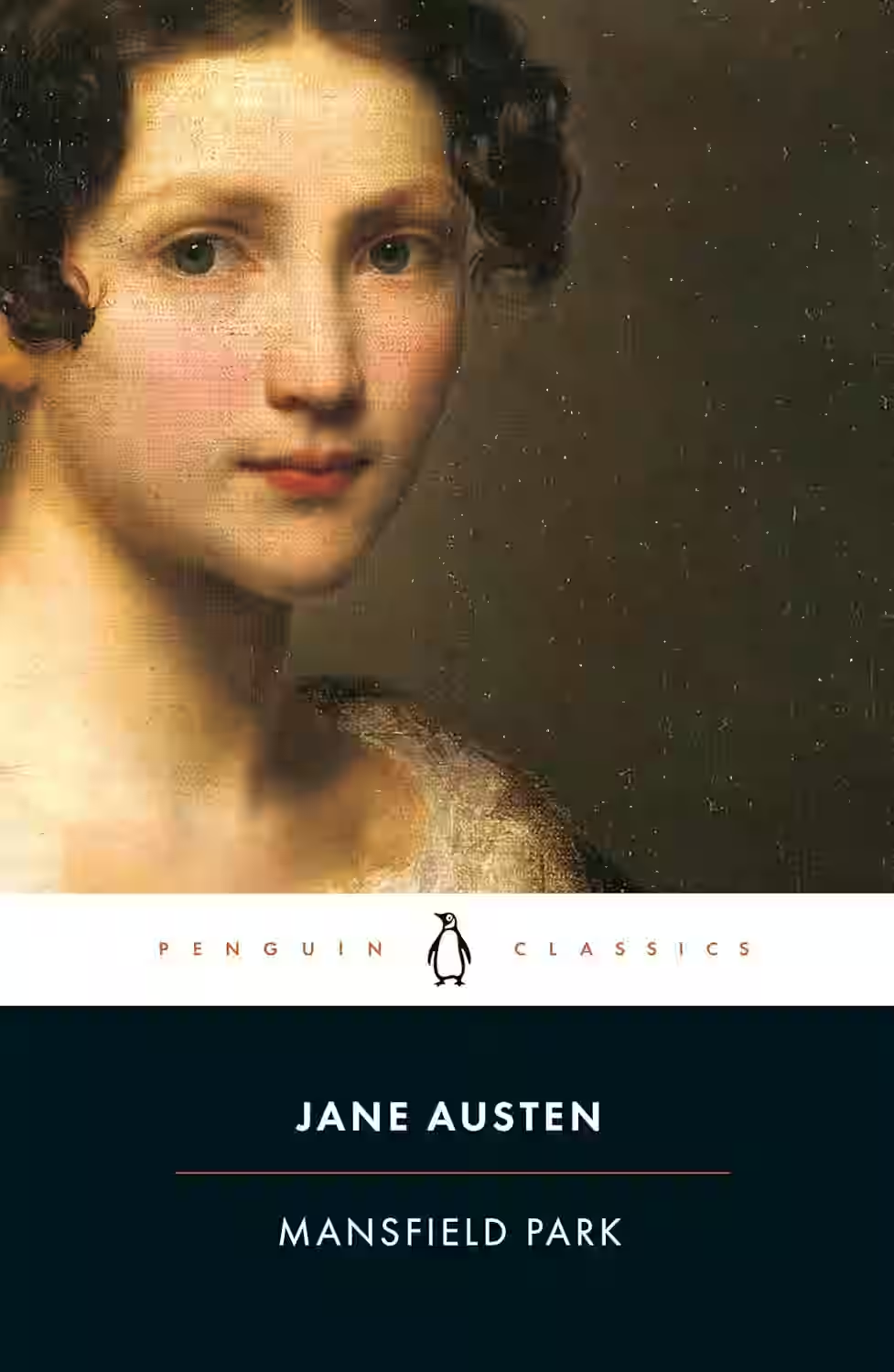
Mansfield Park
by Jane Austen
Jane Austen's 'Mansfield Park' intricately weaves a tale of class, morality, and personal growth through the experiences of Fanny Price, a timid and often overlooked young woman. Sent to live with her wealthy relatives at Mansfield Park at a young age, Fanny observes the intricate social dynamics and moral dilemmas that define the lives of those around her. The novel delves into themes of family, love, and the rigidity of social hierarchies, offering a critique of the societal values of Regency England. Unlike Austen's more light-hearted works, 'Mansfield Park' challenges readers with its somber tone and reflective examination of virtue, affording it a unique position in Austen's canon. Its exploration of Fanny’s internal struggles and the societal constraints she navigates remains impactful, engaging readers in a compelling narrative that questions the true nature of happiness and moral integrity.
Similar Books
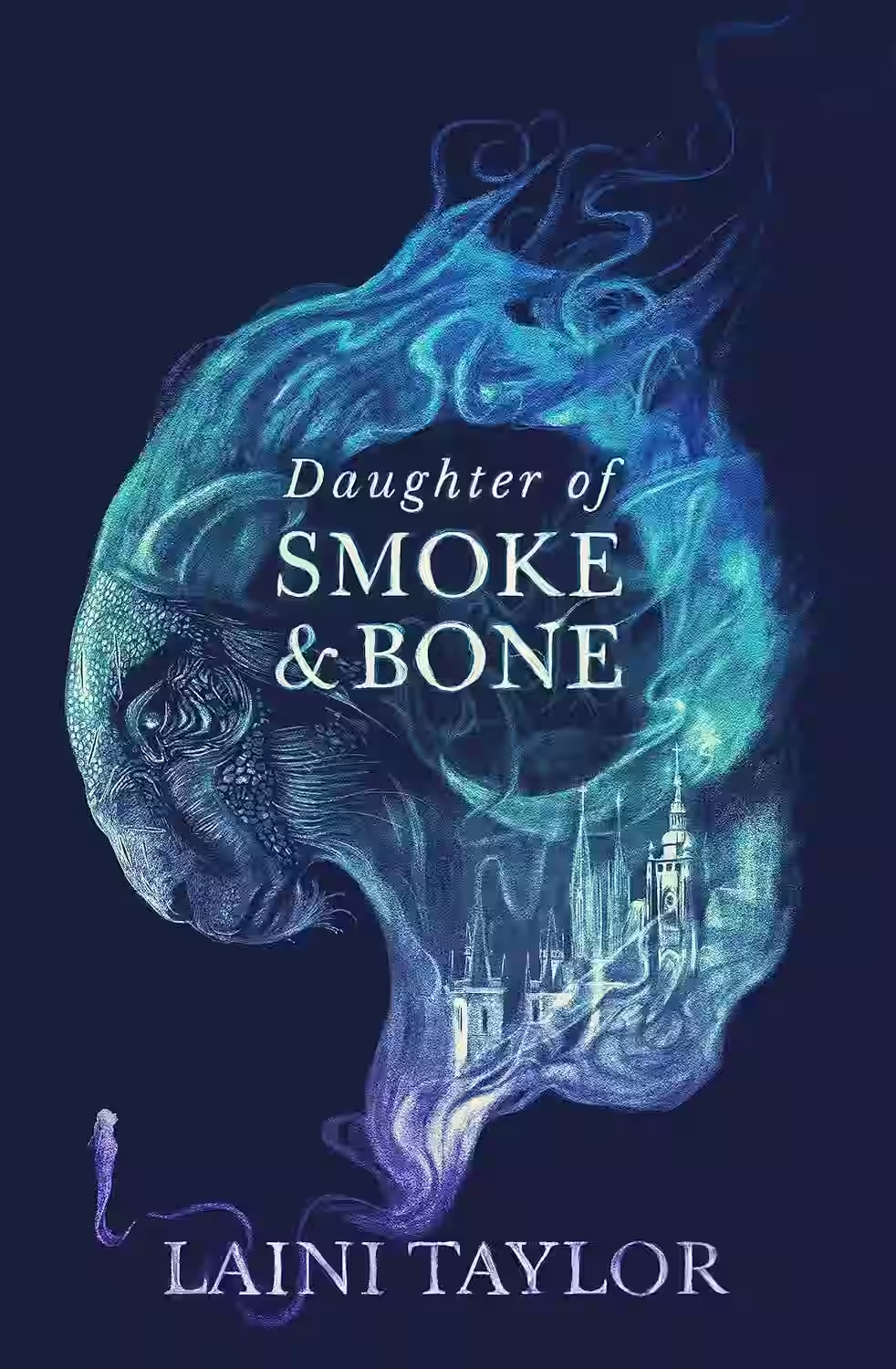
Daughter of Smoke and Bone
by Laini Taylor
Series: Daughter of Smoke & Bone (#1)
Daughter of Smoke and Bone by Laini Taylor is a captivating fantasy novel weaving a complex tale of love, war, and identity. The story follows Karou, an enigmatic art student in Prague, who is drawn into a mystical world of angels and demons when mysterious black handprints appear on doorways around the globe. As she unravels the secrets of her own past, Karou discovers a world torn apart by a centuries-old conflict between seraphim and chimaera. The novel explores themes of belonging, redemption, and the eternal struggle between love and hate. Taylor's vibrant storytelling and rich, imaginative world-building culminate in a compelling narrative that will captivate readers and linger long after the last page is turned.
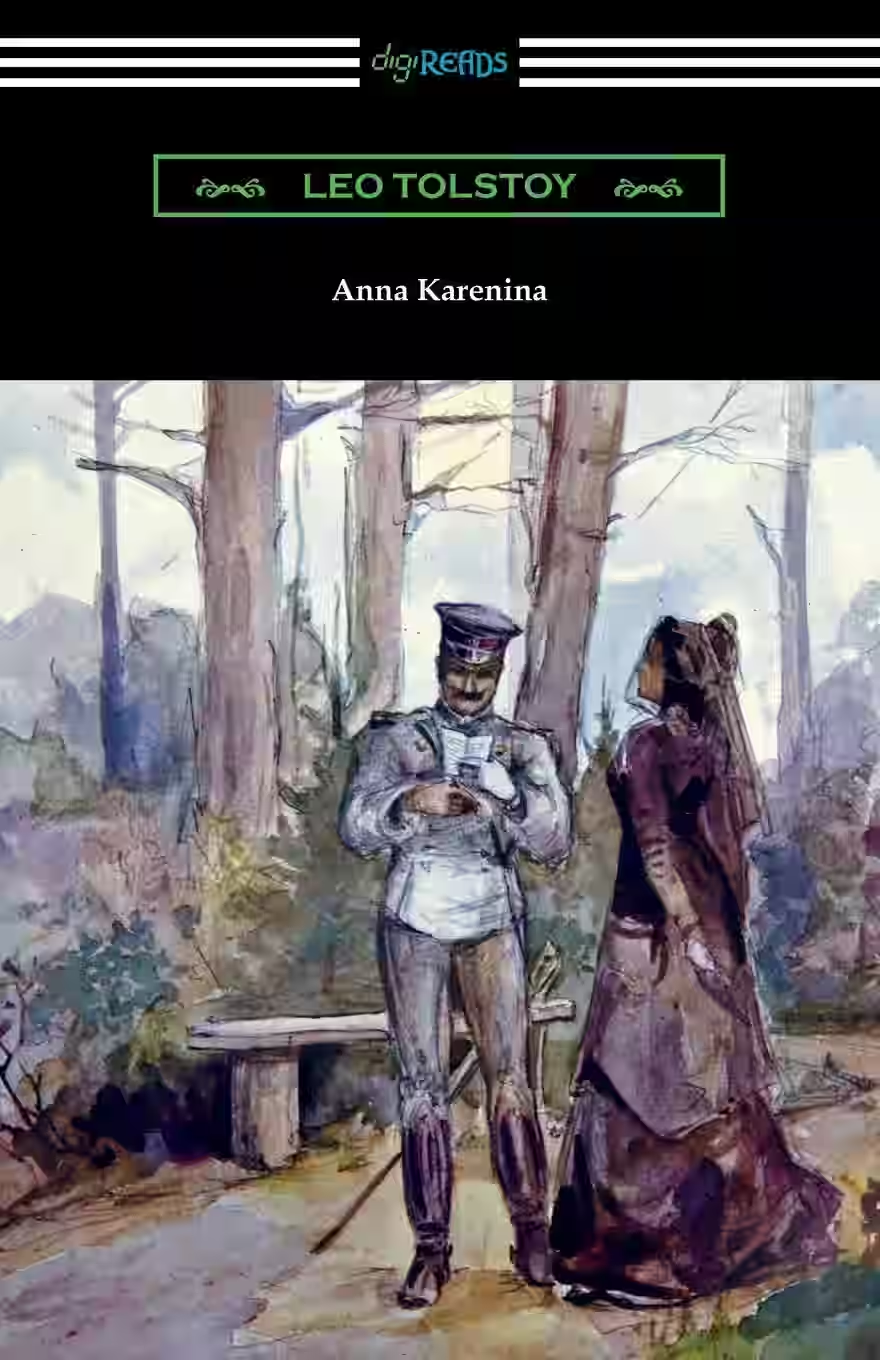
Anna Karenina
by Leo Tolstoy
Acclaimed by many as the world's greatest novel, Anna Karenina provides a vast panorama of contemporary life in Russia and of humanity in general. In it Tolstoy uses his intense imaginative insight to create some of the most memorable characters in all of literature. Anna is a sophisticated woman who abandons her empty existence as the wife of Karenin and turns to Count Vronsky to fulfil her passionate nature - with tragic consequences. Levin is a reflection of Tolstoy himself, often expressing the author's own views and convictions.
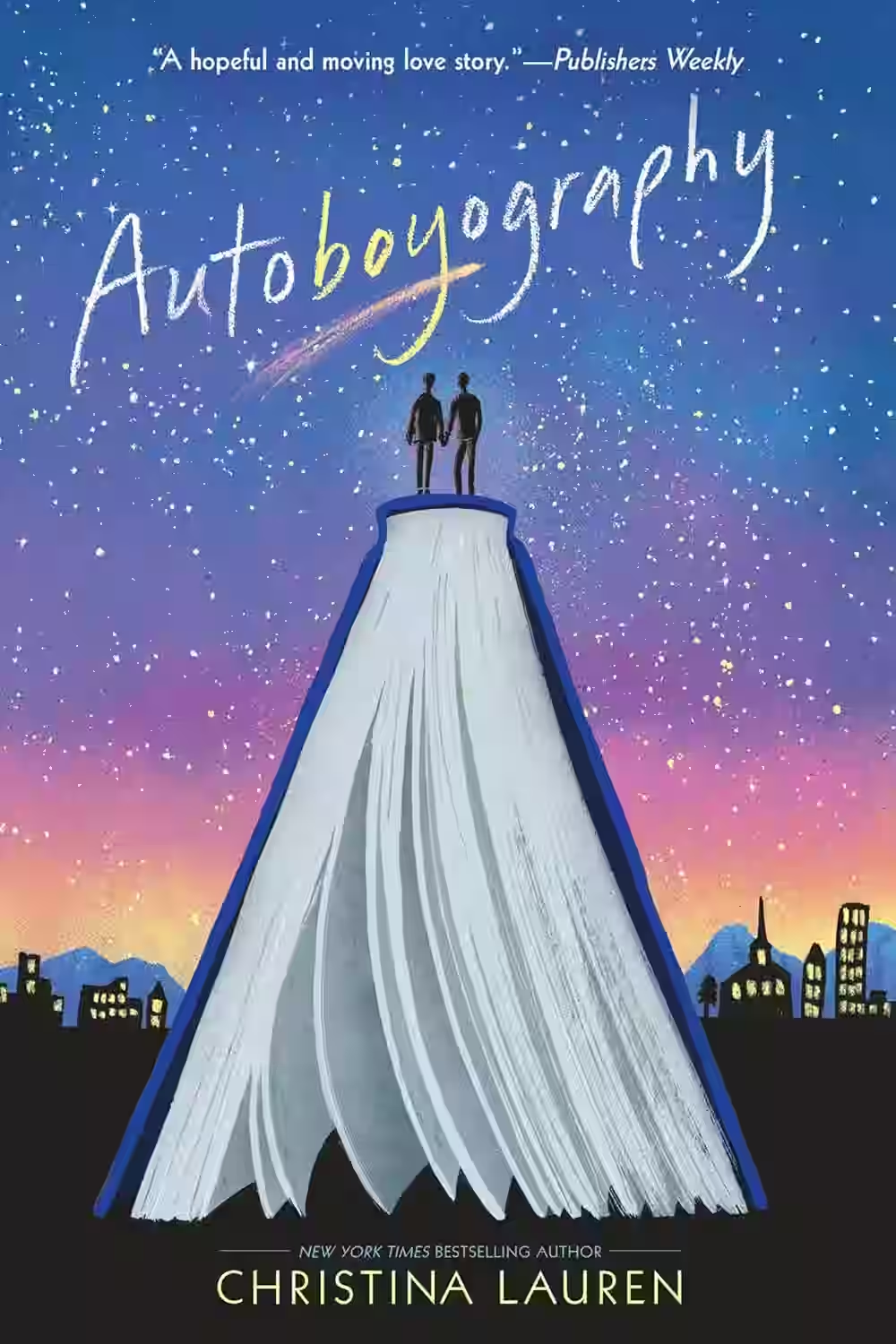
Autoboyography
In 'Autoboyography' by Christina Lauren, readers are introduced to Tanner Scott, a bisexual teenager who navigates the complexities of identity, love, and self-acceptance. Set in a conservative Mormon community in Utah, the novel explores Tanner's clandestine romance with Sebastian Brother, a Mormon prodigy who skyrockets to author fame. As Tanner dives into a prestigious seminar requiring him to write a book in four months, his story spirals into a realistic portrayal of heartache, societal pressure, and the courage to embrace one's truths. Skillfully written, the book entwines the tenderness of first love with the challenge of reconciling personal beliefs, making it an impactful narrative about love's transformative power and the universal search for belonging.
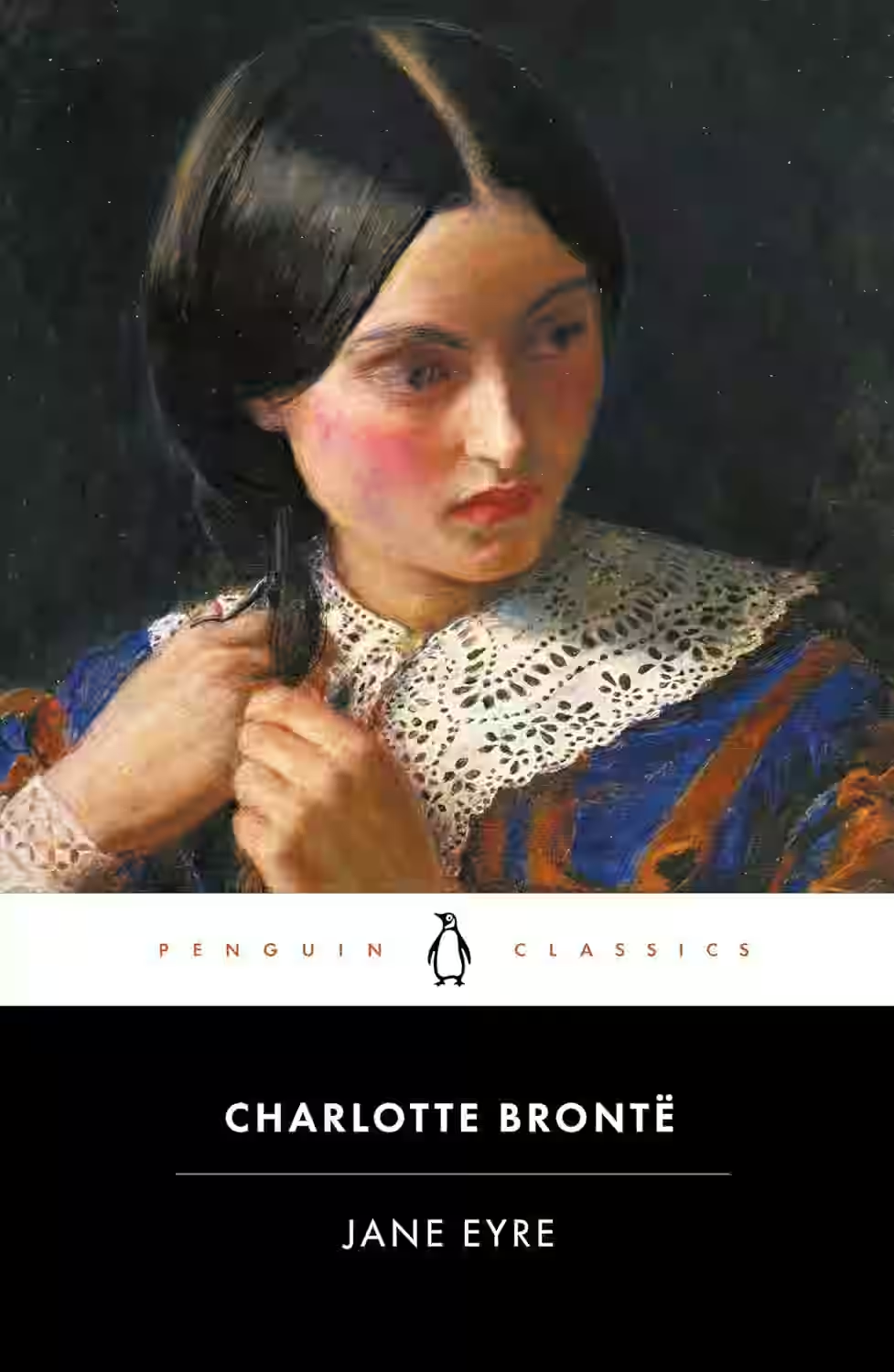
Jane Eyre
Charlotte Brontë’s Jane Eyre follows an orphaned girl who overcomes hardship and repression to find independence and love. As a governess at Thornfield Hall, Jane falls for the brooding Mr. Rochester, only to discover he harbors a dark secret. The novel explores themes of morality, autonomy, gender roles, and spiritual integrity. Noted for its strong, principled heroine and gothic atmosphere, Jane Eyre blends romance with social critique, cementing its place as a foundational feminist and literary classic.